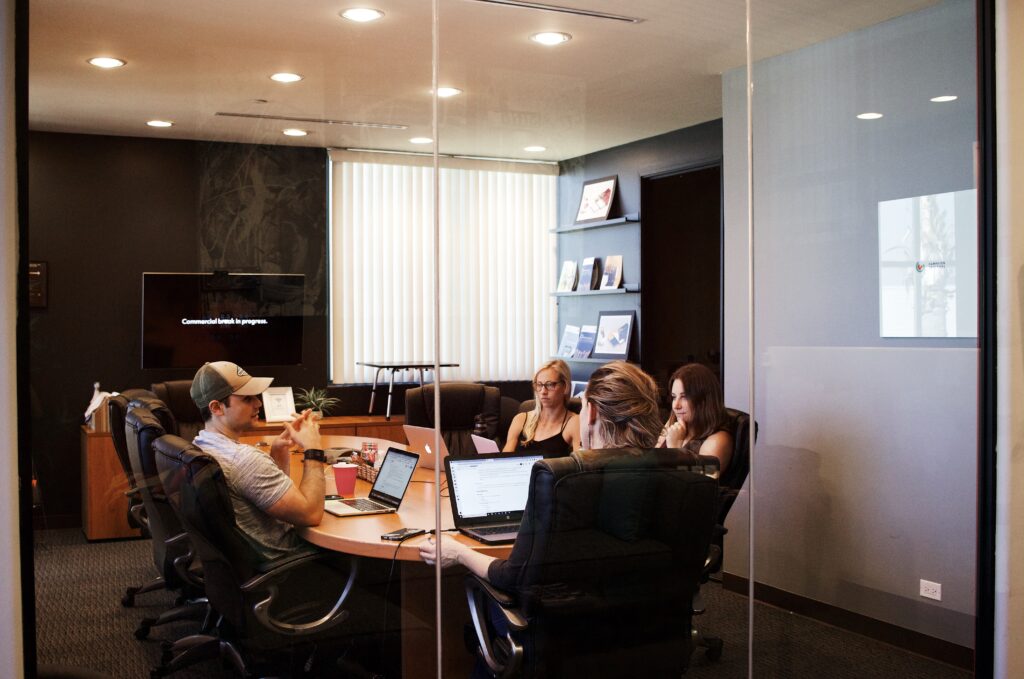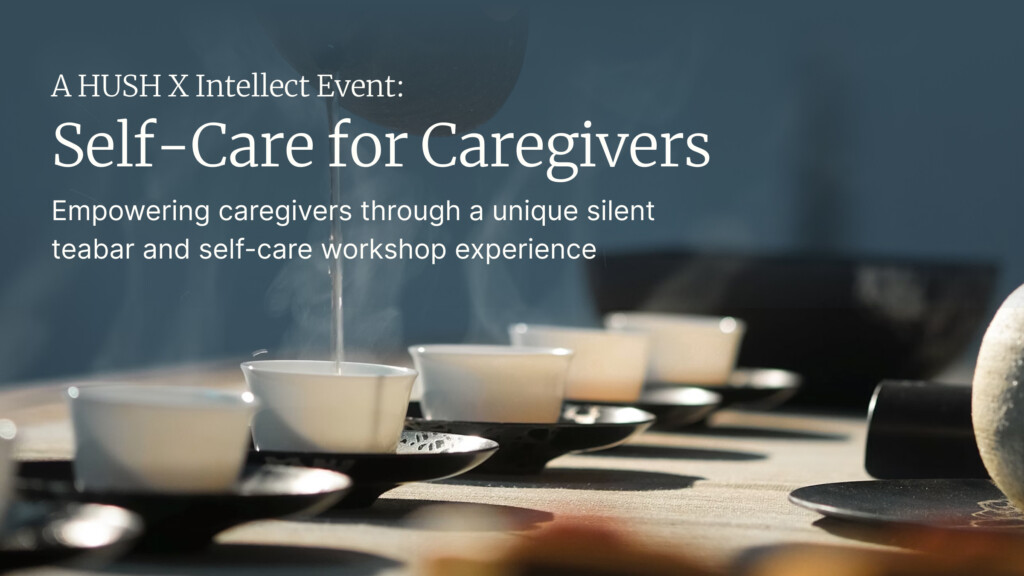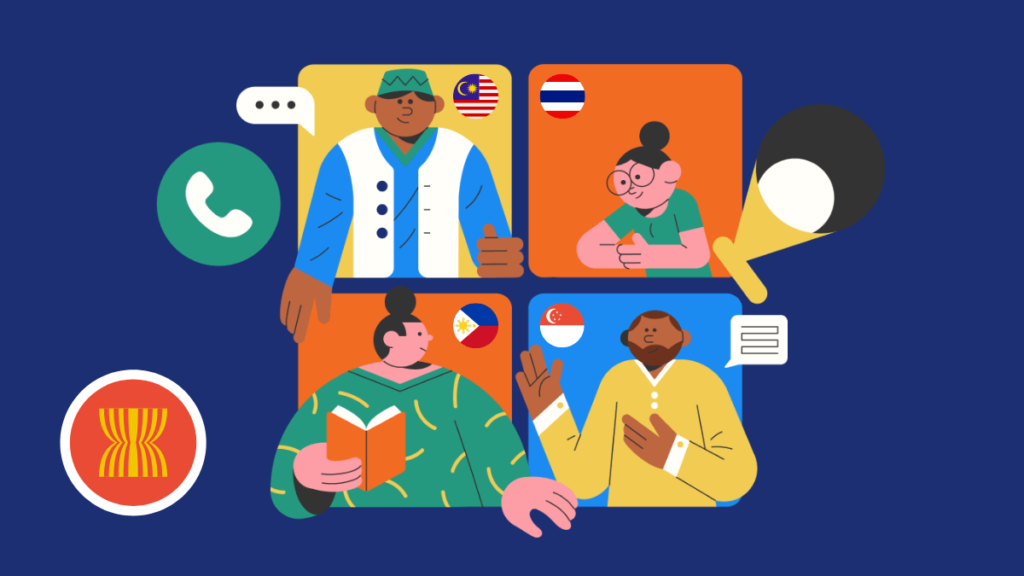In 2019, the World Health Organisation (WHO) recognised burnout as an occupational phenomenon. Then the pandemic happened, and burnout became a regular topic in the media. Businesses have started acknowledging the influence of work on mental health and wellbeing.
To understand the state of affairs in the region, Milieu Insight surveyed 1000 individuals each across Singapore, Indonesia, and the Philippines. Specifically in Singapore, 57% of the working population rated their mental health in the “good” range. However, almost a third (29%) of people who work 60 hours or more in a week reported poor mental health, skewing higher than the national average of 11%. How, then, do we reconcile these results with the prevalence of hustle culture?
It’s an intricate problem that requires action from corporate leaders, educational institutions, professionals, and even families. The debate now shouldn’t be around whether or not overworking is harmful; it should be about how to create a culture that enables and supports work-life balance. In a video podcast hosted by Milieu Insight and moderated by their COO Stephen Tracy, Edoardo Liotta, a journalist and editor at Rice Media, and Sally Mounir, a psychotherapist and counsellor with Intellect, weigh in.
The role of company leaders and HR

Even though we think of work-life balance in the context of our personal lives, attaining it (or failing to) largely stems from organisational structures and cultures. “The bigger responsibility is with the company [than the individual] because it is so much harder when you’re one small piece in a bigger structure,” says Edoardo.
It starts from the top down, adds Sally. For example, if bosses regularly work more than 60 hours a week and send emails at dawn, younger employees get the impression that they need to work long hours if they want to get promoted. If managers never talk about taking leaves, team members may hesitate to bring up the topic of time off.
Sally reminds us to look beyond the seeming glamour of being part of the company’s top brass. In her work as a psychotherapist, overworked business leaders often struggle with loneliness, especially if they no longer spend enough quality time with their families. Edoardo adds that this can become a vicious cycle: professionals might throw themselves into their work to compensate for their lack of fulfilling relationships and become even lonelier as a result.
On the flip side, business leaders can influence the company culture and support employees in attaining work-life balance. “If you’re a manager, an HR manager or CEO, I would highly recommend that you lead by example and show people that you don’t need to work around the [clock] to accomplish [things],” says Sally.
Organisational systems need to support work-life balance as well. Given the nature of the media industry, Rice Media sometimes requires journalists to work at night or over the weekend.
That extra time spent working is always offset—the writer who worked late the previous night isn’t required to come to work in the morning, and the producer who worked on the weekend can take a rest day the following week. They don’t need to show documents to prove they worked late, either. “It comes down to [a culture of] trust,” says Edoardo.
Organisations are also embracing their role in supporting employees’ mental health, such as by adopting support programs like those offered by Intellect. And HR leaders are beginning to recognise the influence they can have on employees’ mental well-being. “HR is not only for training anymore. When [HR leaders] care about their people, it makes a difference,” says Sally.
Employees have the power, too

Small but consistent actions can influence a company’s culture. Teammates can ask one another how they are doing, and chat about hobbies and activities outside work before starting a meeting—thus building a culture that normalises having a life outside of work. Even when you’re remote, you can improve your mental health at work by inviting colleagues to 1:1 video chats and initiating team activities like playing virtual games.
But that’s the fun stuff. To attain work-life balance, employees must know when to say “no” when assigned too much work. In fact, almost half (49%) of respondents in Singapore expressed that they feel burnout from work at least a few times a month. Of course, in company cultures that discourage time off, this conversation can be tough. Still, each person is responsible for making their boundaries known. “Be transparent and clear about where [your] limit is,” says Edoardo. “You can get upset at the company, but on the flip side, can you blame them if you have never raised it as an issue?”
“At Rice, what has helped a lot was having a lot of open and candid conversations with managers and colleagues about capacity and productivity, and at the same time about leave and time off.”
Rice also has a Slack channel where employees can alert the team if they’ll be away from the keyboard for an hour for a variety of reasons—be it to go out for coffee, concentrate on a task, go to therapy, or simply take time to rest.
Even as employees reshape organisational culture through day-to-day interactions, their personal cultural contexts are yet another influential force to be contended with. Sally notes that each individual approaches work with learnings from their local culture, as well as the accepted norms in their homes, schools, and previous workplaces. For instance, if you were taught never to argue with your parents or question your teachers, speaking up for yourself in front of figures of authority can be difficult.
“The culture of the company is 70% of (the problem), but it’s also on the person. If they have grown up with this thinking, breaking it will take time,” she says.
To foster a culture where employees feel safe to draw boundaries and advocate for themselves, different entities—government agencies, companies, schools, families, and individuals—first need to unlearn ingrained habits and attitudes, such as only rewarding top scores and long working hours. Such changes typically come with generational shifts, but company leaders and employees can do their part by recognising cultural influences in the workplace and implementing systems that support a shift towards the desired behaviour.
One shift that became clear during the pandemic is recognising the dangers of hustle culture.
Hustle culture—bane or boon?

Hard work has been ingrained into the Singaporean work culture for years. A study of APAC countries in 2022 revealed that people in Singapore worked the most hours per week—even more than those in China and Hong Kong.
Interestingly, many professionals don’t consider working long hours a bad thing. Even though several studies report a high rate of burnout among Singaporeans, Milieu Insight’s study found that job satisfaction is higher among professionals who work more than 60 hours a week (44%), higher than their counterparts who work >50 to 55 hours (40%) or >55 to 60 hours (39%) a week. This begs the question—does hustle culture deserve the bad reputation it has earned?
For some, hustle culture can be motivational. After all, it feels great to be passionate about what you’re doing, says Edoardo. But, he adds, what’s dangerous is when hustle culture becomes a “normalised trend”. The hectic “billionaire routine” is fine as a personal story shared on social media. But when it’s framed as a guide for success, it sets unhealthy standards and expectations that can lead to overwork.
“If you’ve been rewarded all your life for getting A’s, you will want to continue getting A’s. If you’ve been rewarded because you’re overworked, then that’s what success means to you,” says Sally. In her line of work, she sees clients whose identities are so enmeshed with their career achievements that retirement heralds a crash in their wellbeing. “They’re lost. They don’t know who they are anymore.”
As one writer shared on Rice, “The problem comes when we feel pressured to chase something for the sake of it.” But hustle culture, as Sally notes, is changing. The new generation is asking a different set of questions. Who are you? What will you do with your life?
Employees have come to recognise the harm that can come from promoting the ideals of hustle culture. During the pandemic, backlash ensued against messages pressuring people to be productive in a lockdown. Conversely, interest in mindfulness has grown.
Mindfulness: an antidote to imbalance

“Mindfulness can be implemented in any shape or form in your day,” says Sally. To normalise it, we need to talk more about certain things. Like being okay with doing nothing on the weekend. Like simply looking up at the sky. Like appreciating the feel of a cold shower on your skin or recognising the parts of your body that get tense when you’re stressed.
You can even try practising mindfulness eating, says Edoardo. “If I’m eating alone, I’ll take out TikTok and I’ll be scrolling on social media while I eat, and I don’t really notice the food. Then I tried eating alone and being mindful about it, and I realized I can suddenly taste the food and I never realised how good it tastes.”
It’s also important to intentionally disconnect from the internet for a set period of time when you wake up and before you sleep. This disconnection is crucial for those who work from home as it helps establish boundaries between downtime and working hours. Edoardo, for example, found that he gained more energy and focus in the workday when he spent a few minutes meditating in the morning rather than getting straight to work.
And when you do use social media, remember that not every message is a fact. Companies and schools have a role to play in teaching people to use online platforms more responsibly and with better literacy.
All these acts help us slow down, reduce overwork, and boost work-life balance. Maintaining balance is a massive cultural effort for a company, but it pays off by boosting employees’ wellbeing. As Edoardo says, “Good work and good productivity do come from healthy work environments. Therefore, if you’re in a leadership position or in HR, you also have an interest in creating that environment.”




